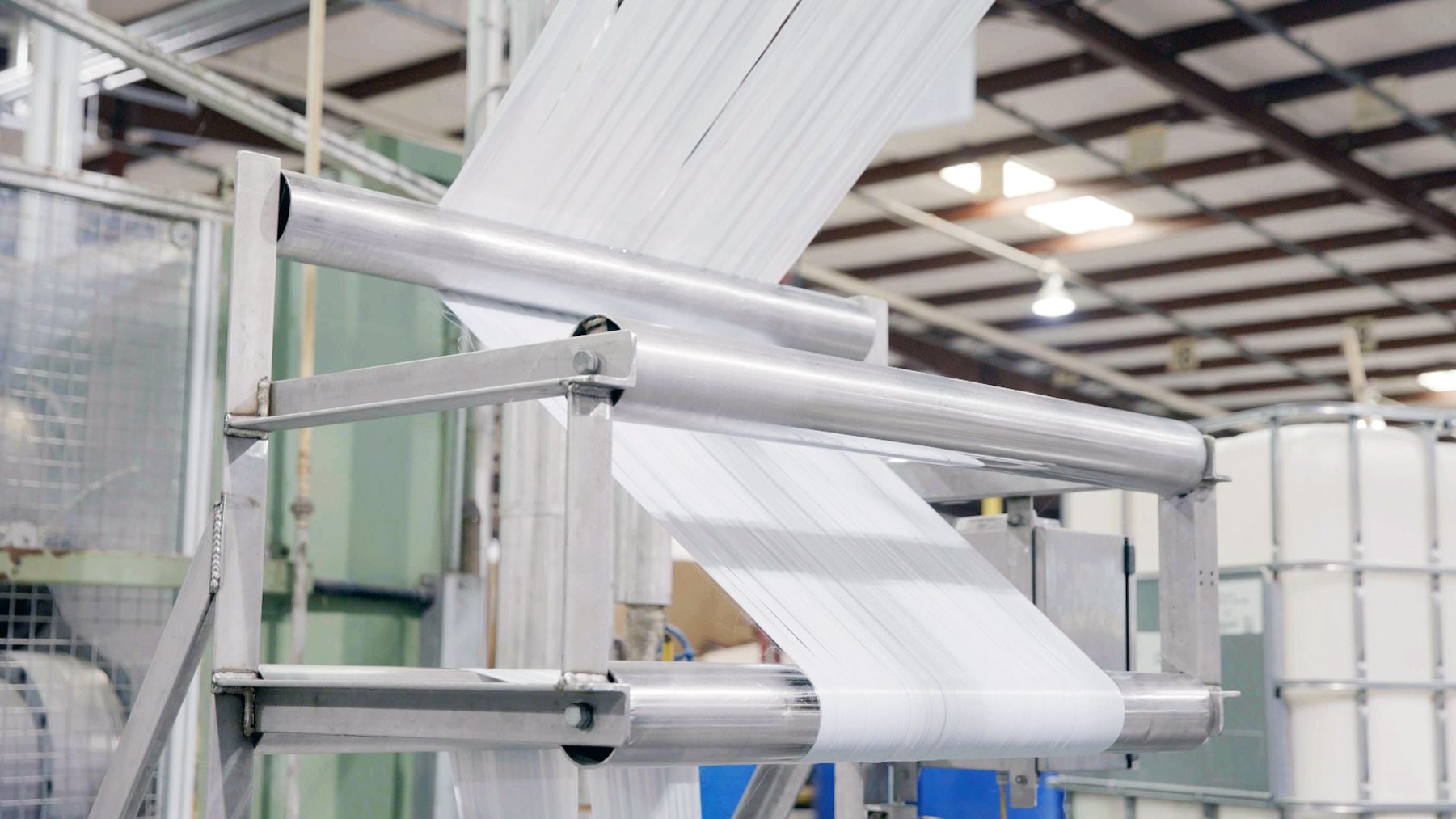
Sri Lankan manufacturing giant MAS Holdings has pledged to buy 4,000 tonnes of recycled polyester — enough to make roughly 10 million T-shirts — from LA-based start-up Ambercycle over a three-year period in a deal that signals increased supplier engagement with efforts to bring recycling innovations to market.
The agreement is designed to both support Ambercycle’s ambitions to scale its textile-to-textile recycling capabilities and lock in supply for MAS at a time when incoming regulation and looming deadlines for brands to meet their own sustainability commitments mean demand for circular materials is expected to grow.
At present, most recycled polyester available in the market is made from repurposed plastic bottles, but textile-to-textile ventures like Ambercycle, which turn old clothes back into raw materials, are widely considered a more environmentally sound alternative.
Efforts to commercialise such technologies are still nascent and early attempts have hit speed bumps (Swedish textile-to-textile recycler Renewcell was rescued from bankruptcy by private equity firm Altor in a deal announced Tuesday).
Binding purchase commitments like the agreement between MAS and Ambercycle are considered one critical way to smooth the path for new materials to make it to market. Another is greater involvement from manufacturers. Big brands, including H&M Group and Zara-owner Inditex, have pledged millions of dollars to source a variety of innovative fibres over the coming years, but it’s much more unusual to see a supplier involved in such deals.
MAS said the deal is strategic, positioning it to meet growing demand for recycled materials from customers and its own ambitions to generate 50 percent of its revenue from lower-impact products by next year. “We want to not only collaborate, but invest and have skin in the game,” said Nemanthie Kooragamage, group director for sustainable business at MAS.
Learn more:
Why Renewcell’s Bankruptcy Might Be the Push Textile Recycling Needed
Since one of the industry’s most promising recycling start-ups filed for bankruptcy, big brands have put more money and more commitment into bringing innovations to market.



